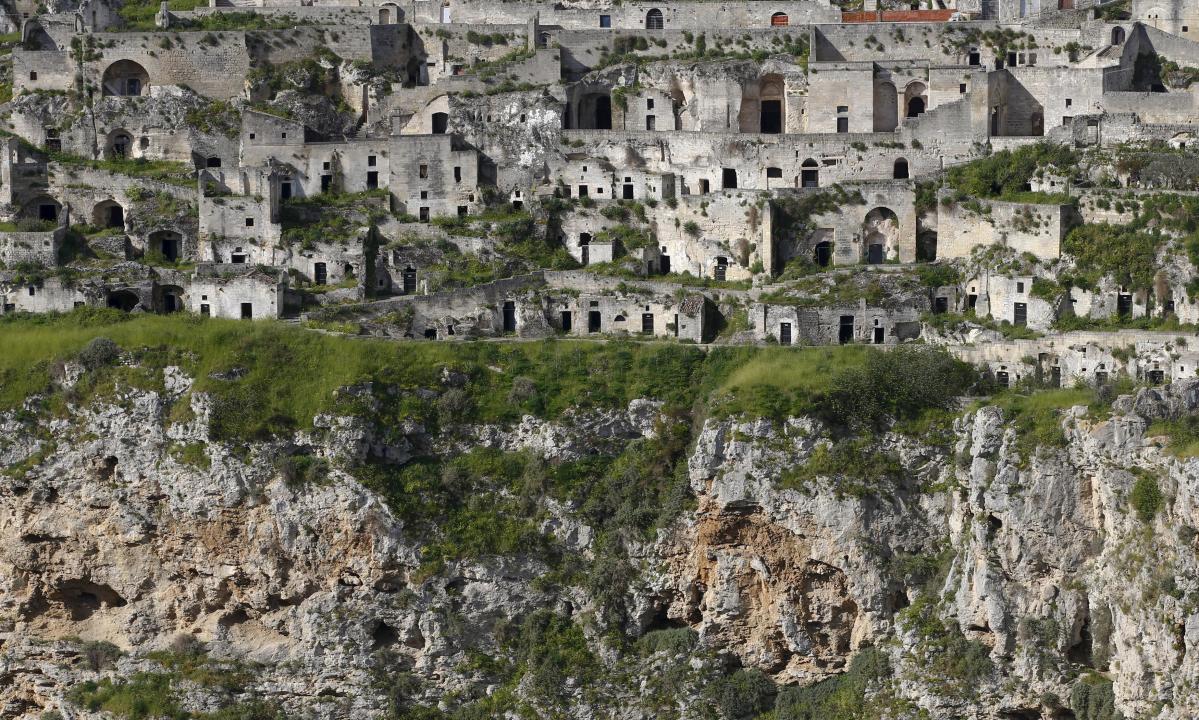Residents of the picturesque and ancient “City of Stone” in southern Italy have been gripped by another rocky phenomenon after a meteorite crashed on the balcony of a house in the Matera suburb.
The space object, which had been traveling at around 320 km/h, was spotted in the skies over the regions of Puglia and Basilicata on February 14 and was known as the “Valentine’s Fireball” before falling onto the balcony of the house of brothers Gianfranco and Pino Losignore and their parents.
Not that they noticed at first: The two were conducting checks on the property’s solar panels when three days later they noticed a damaged slab and tile, along with gray fragments strewn about the balcony.
“I wasn’t home when it happened, but my mother was in the basement at the time and heard a loud bang,” Gianfranco said. “She was worried but it was quite a windy day and thought it might have been the branch of a tree. We never expected it to be a meteorite.”
The meteorite’s fireball had been observed with the surveillance cameras of Prisma, a project by the Italian Institute of Astrophysics that allowed experts to track where it might have fallen.
More than 70 grams of the fragments have so far been collected for study purposes that will eventually be exhibited in a museum.
Carmelo Falco, a Prisma representative who immediately traveled to Matera, said that although many meteorites have hit the earth, the event in Matera is rare that the meteorite landed on a clean surface, meaning it was not contaminated.
It is also rare for meteorites to fall into an area from which their fragments can be easily recovered.
“We need to analyze the remains of the meteorite, but what is unique about this one is the situation in which it was found,” said Falco. “The material, which is soft, similar to sand, is very pure because it hasn’t touched the ground or water — it’s almost like we collected it straight from space.”
This is the second time in recent years that a meteorite has impacted Italy. In January 2020, one was found near Modena in Emilia-Romagna.
Domenico Bennardi, the mayor of Matera, a city famous for its sassiCave dwellings carved out of limestone, said the discovery caused a lot of “enthusiasm and emotion” among residents.
“Matera is one of the oldest cities in the world, where many discoveries have been made,” he said. “It is unbelievable that rocks from space have now fallen onto the city of stone.”
The meteorite is named after Gianfranco and Pino.
Don’t miss interesting posts on Famousbio
